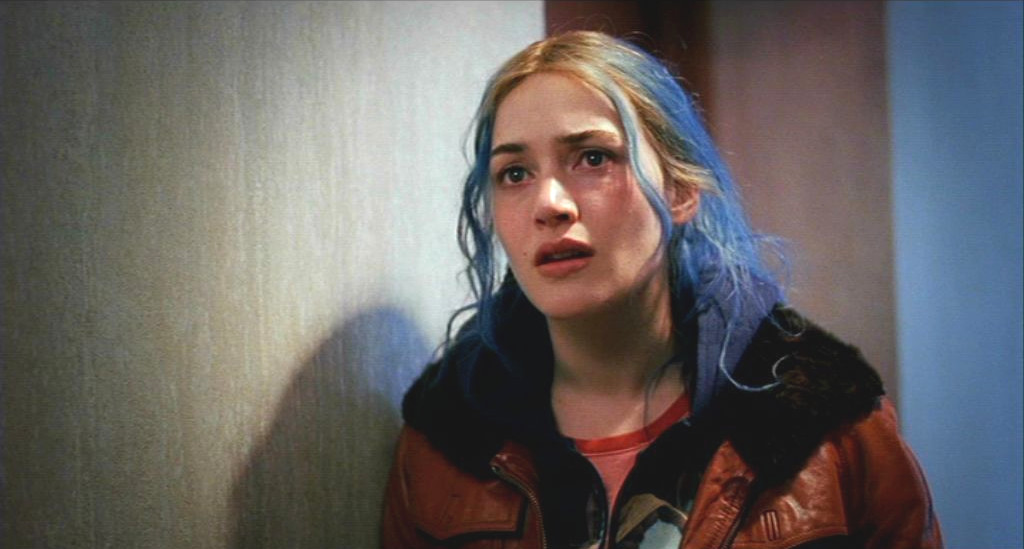
It’s that time of the year and some might be thinking: seriously, have we not seen them all? At times, romantic movies seem to only consist of repeated formulas, endless clichés and worn out storylines. So it is about time to look at romantic films that offer something different. A storyteller breaking new ground with a unique point of view or by telling their story in a way nobody has done before.
A well-written screenplay is the start of any great film, and the romantic genre reveals, perhaps most evidently, when it works and when it does not. This is a closer look at some truly original films, meaning no adaptations…Although one could say that all love stories are essentially derivatives of one general story arch: a romantic relationship between characters with the underlying question: is their love strong enough?
There are many great titles that did not make this list. But the ones that did are unforgettable as they offer a breath of fresh air from celebrated screenwriters, and elevate both the genre as well as the filmed medium in general. Without further ado, here is – in chronological order – a selection of the most original romantic films ever made.
1. City Lights (1931) – Charlie Chaplin
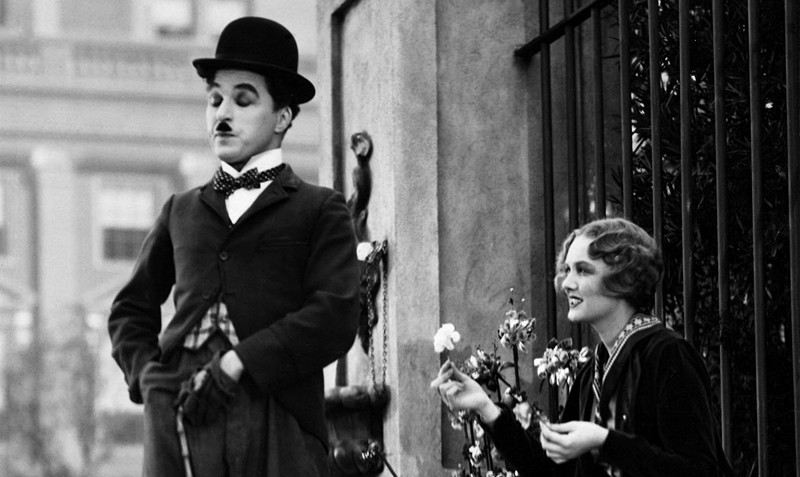
Theme: the perception of love
Why it is great: a magical movie for all its honesty and sincerity
Lauded as a pioneer in the history of film, both in the silent-era and during the start of the ‘talkies’, Charlie Chaplin, perhaps the first auteur of modern cinema, is mostly known for creating his signature role of the tramp. Dressed in formal yet dirty clothes, a derby hat and a toothbrush moustache, his bumbling behaviour usually gets him into trouble and a big heart helps him to get out it.
City Lights was his fifth directorial feature and is regarded not only as his finest work, but a landmark in the history of filmmaking. The central theme is about how love is viewed and noticed. And what if that does not happen in the way you would expect? The tramp falls in love with a flower shop girl who needs money for an operation that could cure her blindness. Not having much to spend himself, he receives the help from an eccentric millionaire.
With only this simple storyline, Chaplin handles the perception of love in a profound way: is seeing truly believing? The acting during the final scene is nothing short of breathtaking also thanks to its subtext: it is not about how you look, but about how you see. Love in its strongest form can be unconditional and poignant, and in City Lights it leaves much anticipation about what might follow. This film will leave every viewer moved.
2. Annie Hall (1977) – Woody Allen
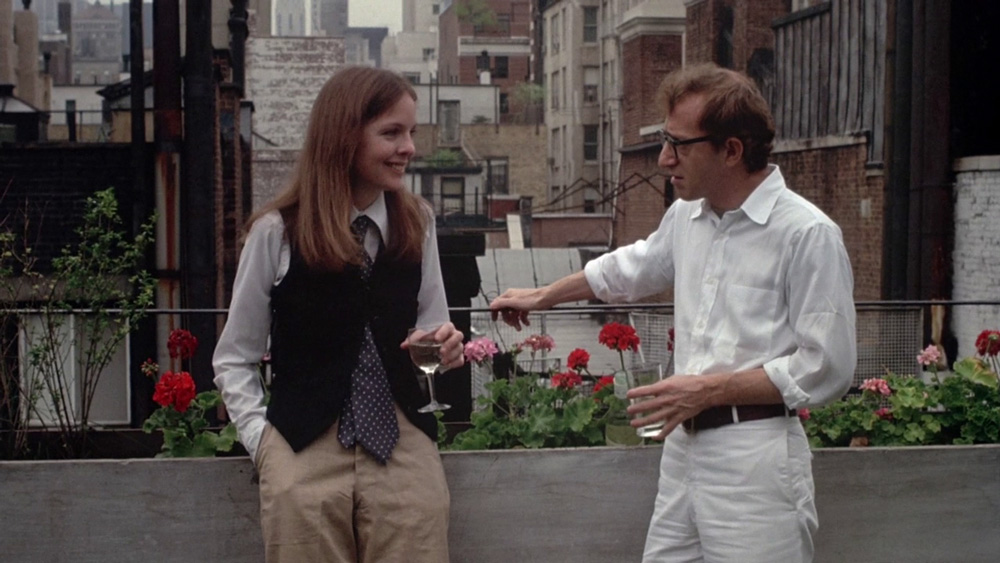
Theme: the necessity of love
Why it is great: a hilarious and revealing exposé of how relationships end
Whether you think Woody Allen is a screenwriting genius or a snobbish neurotic (both hold some truth), this could very well be his finest film and one of the funniest scripts ever written about relationships. While playing a version of himself as usual, he reflects on his failed relationship with Annie Hall who is basically his polar opposite: charming, fun and carefree.
In a way, this is Allen’s answer to Scenes from a Marriage. Though not as serious as and probably more accessible than Bergman´s work, it is obvious that Allen is a great admirer of the Swedish auteur, focusing on the human condition in all its frailties though his own pair of glasses. His hometown of middle-upper class New York returns as the central setting, offering many long-shots of walk ‘n talks. He frequently breaks the fourth wall, knowing that the audience will recognize certain elements that may lead to any break-up.
There is an endless list of clever and funny one-liners, but the story is also profoundly sad. In addition, he touches on several topics ranging from gender differences to psychoanalysis and (Jewish) identity. His character is quite nihilistic and he never hides that. The scope of the story is ambitious, balancing the story effortlessly between funny and sad.
Everything works, from the marvellous camerawork by Godfather veteran Gordon Willis, to the witty dialogue and the indelible casting of Diane Keaton and Woody Allen who have undeniable chemistry. It set the standard of what a romantic comedy could be and never ceases to be wonderful.
3. When Harry Met Sally… (1989) – Rob Reiner
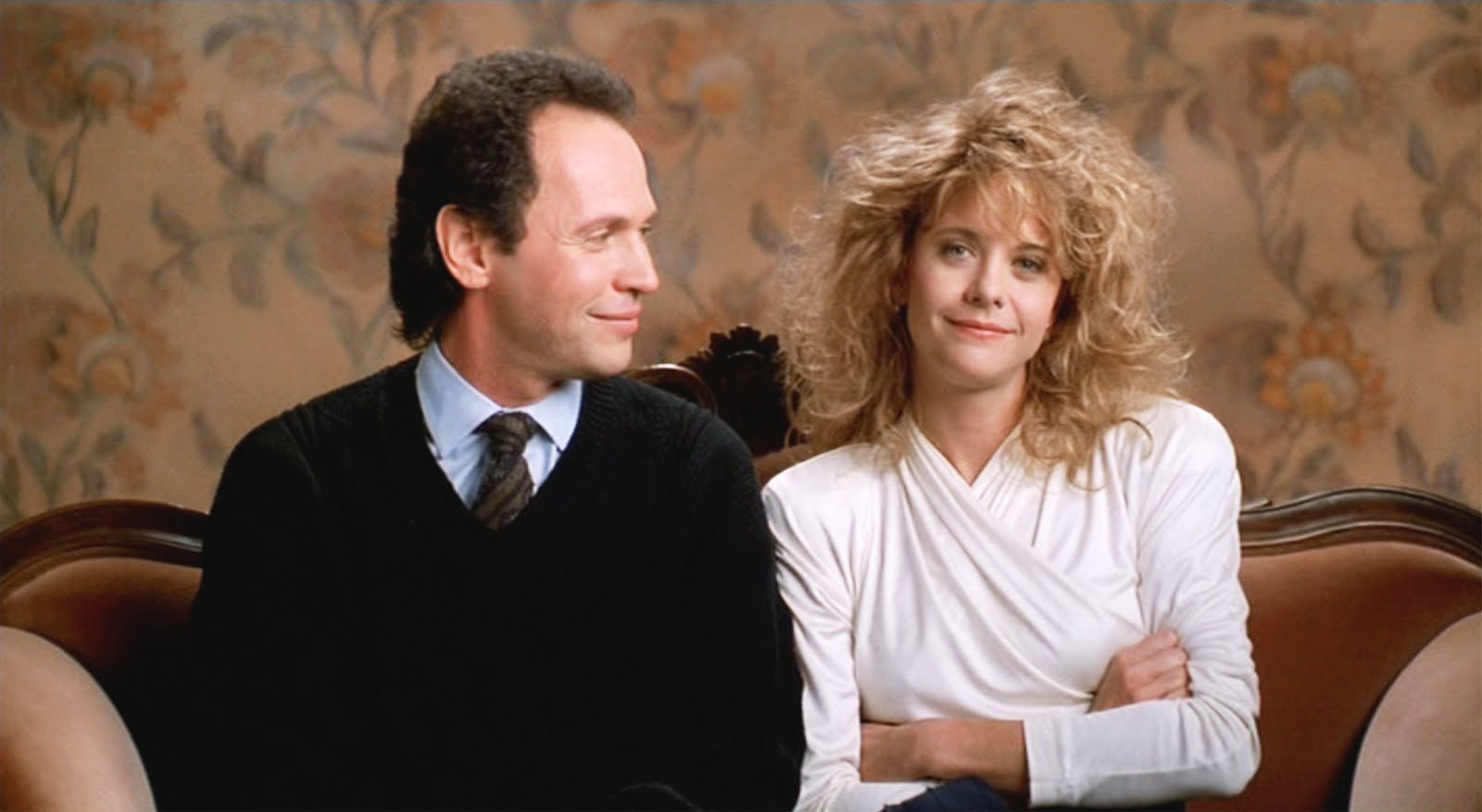
Theme: love vs. friendship, are they mutually exclusive?
Why it is great: so sweet, so real, and hugely influential.
Harry and Sally meet fresh out of college and live a life of failed relationships with other people. They keep meeting again, and as their friendship grows deeper, the question becomes more obvious: should they give it a try? They have known each other for a long time; can they stay friends or will sex change that forever? During a phone call they talk about Casablanca (1942) – another great romance – whether they should have stayed together.
Clearly one of the lighter films in this list, it speaks volumes about its ability to tell a great story without being overly dramatic. The funny and realistic screenplay was penned by Nora Ephron who grew to be one of the most distinctive writers of her generation. Not only the primary screenwriter of the romantic comedy (romcom) genre, she became an acclaimed director in her own right, and wrote books, and plays.
This film features many hilarious and touching scenes, perhaps the high point being the infamous restaurant scene partly thanks to both actors improvising. Director Rob Reiner gets terrific performances out of Billy Chrystal and Meg Ryan – clearly succeeding in putting their chemistry on screen – and creates a perfect rhythm for the story.
The interlaced segments of married couples are a hilarious touch, keeping the realism close enough. Their friendship, life and connection develop beautifully and lead to an incredibly satisfying yet believable ending. And that is something unique for the romcom genre. When Harry Met Sally… shows what real relationships are made of, and it influenced the whole romantic genre in the decade(s) that followed.
4. Three Colors: Red (1994) – Krzysztof Kieslowski
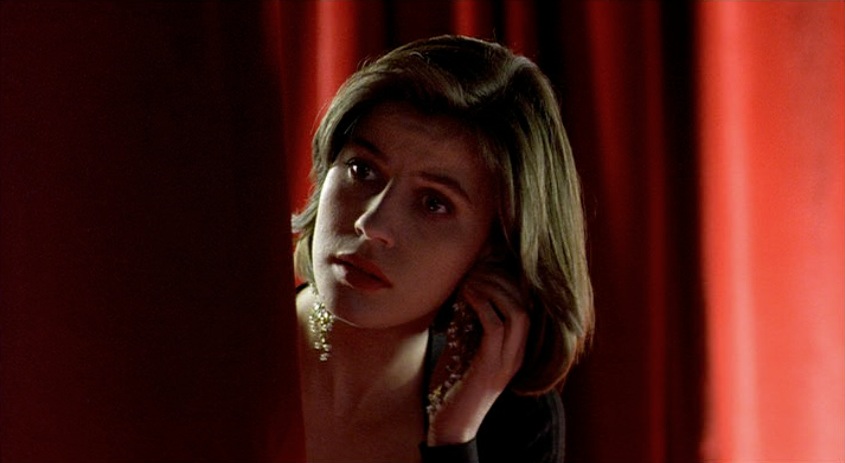
Theme: the anti-romance
Why it is great: a unique metaphysical take on lost love
Before Polish director Krzysztof Kieslowski achieved international fame, he was known in his home country as the leading auteur of ambitious films and TV series, including The Dekalogue (1989), created with his regular team consisting of screenwriter Krzysztof Piesiewicz and composer Zbigniew Preisner, profoundly reaching the hearts of many, including Stanley Kubrick. With that same group of people, he made what turned out to be his last piece of work: the trilogy Three Colors, inspired by the French Revolutionary ideals and corresponding Tricolour.
The three films are equally impressive, and the last instalment, tackles romance in a unique way. Described by Roger Ebert as the anti-romance, it tells a story about a model, a law student and a retired judge who share a mysterious connection. But the plot is only a device through which the choices of the characters, and forces beyond their control, are questioned. The alchemy of symbols through sound and vision has rarely been put together so elegantly, resulting in meaningful visual splendour. The film is pure poetry by making the abstract look accessible and the enigmatic look familiar.
Red shows how lost souls find each other through time, and their story connects neatly with the other parts of the trilogy. Unsurprisingly, the film received universal acclaim, landing Oscar nominations for its direction, screenplay and cinematography. This is Kieslowski’s magnum opus: a unique tale of love through parallel universes.
5. The Before Trilogy (1995, 2004, 2013) – Richard Linklater
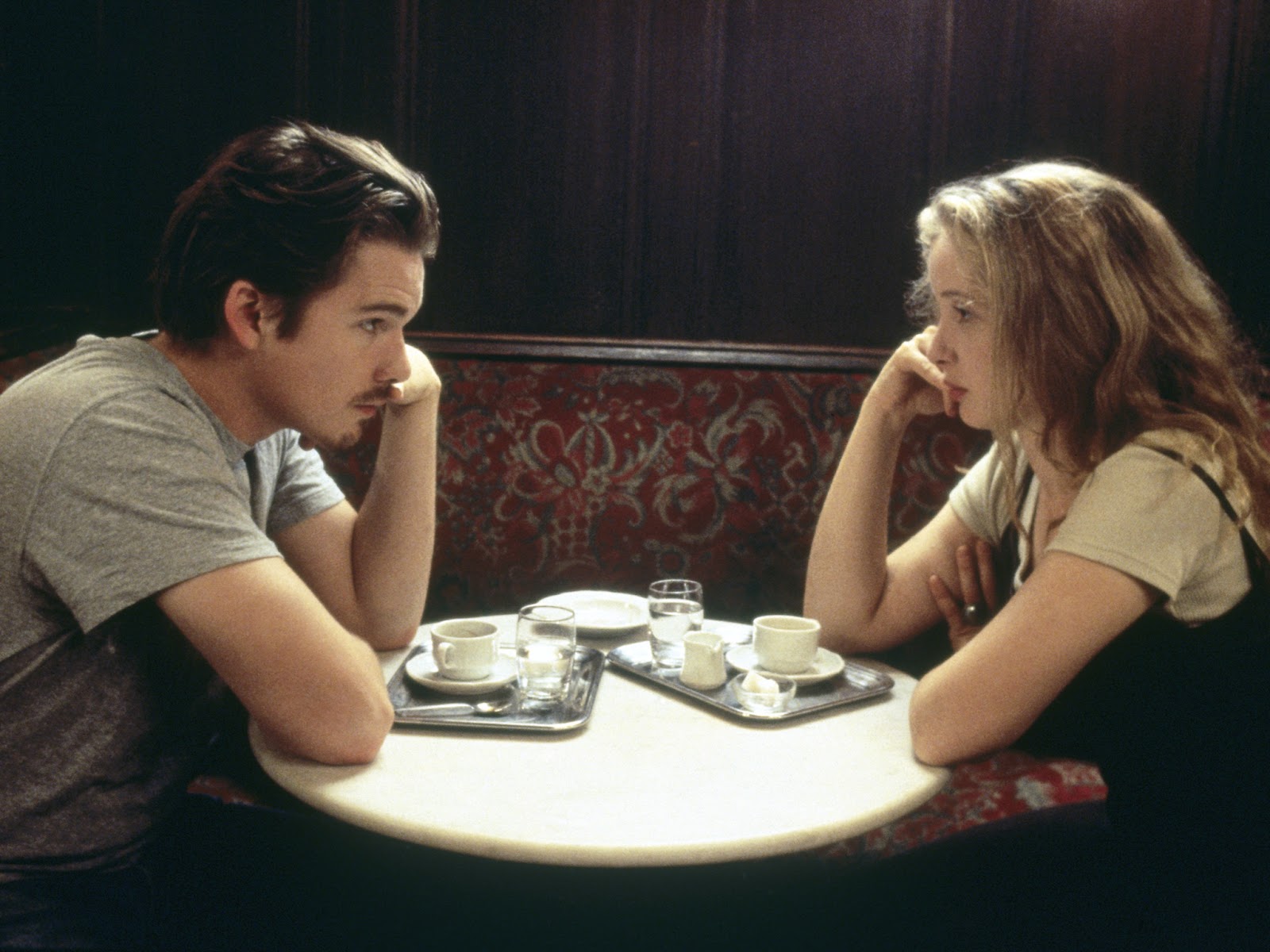
Theme: love over time
Why it is great: an epic exploration of all seasons in a relationship
When Before Sunrise was released, a small indie-loving audience saw how a young American writer and a French university student fell for each other over the course of one night in Vienna. Nine years later, they returned in the sequel Before Sunset with a premise anyone can relate to: what would you do with the one that got away? That audience grew into a devoted group of fans, whose patience was rewarded.
The films struck a chord with its sincere, unsentimental portrait of a man and a woman whose paths cross. At the same time the story is witty, exciting and just plain beautiful; their dialogues so carefully written and rehearsed that one would think these two are genuinely falling in love. Once again, they returned nine years later in Before Midnight, 18 years after their first encounter and with traces of what their first talk (un)intentionally referred to.
Clearly in a different season in their relationship, the wrinkles in their face signify the darker unavoidable themes in their life together, for better and for worse. What does it mean to meet the love of your life, and how does a relationship evolve over decades?
Only Richard Linklater, who collaborated closely with actors Ethan Hawke and Julie Delphy on the screenplays, could succeed in turning such an ambitious project passing two decades into something audiences were willing to wait for: an honest and completely exciting portrait of love over time.
Both actors would grow into writer-directors themselves, and this trilogy shows their mutual talent for creating characters viewers fall in love with. Many have been here, but never has it been shown so magically in what is probably the truest depiction ever put on film.